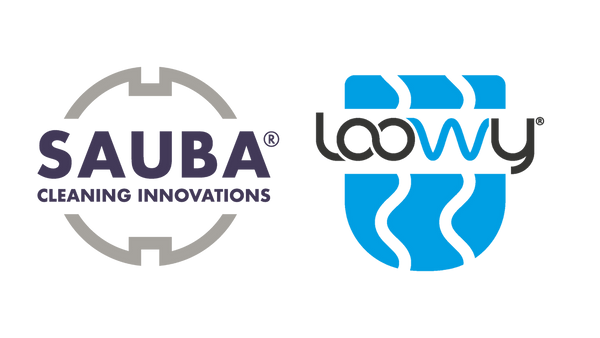A sustainable material with antibacterial properties
Bamboo is becoming increasingly popular, and for good reason. Whether as a material for furniture, kitchen utensils, or even bathroom items, bamboo is versatile, robust, and environmentally friendly. But what makes bamboo wood so special, where does it grow, and why is it so sustainable? This blog post explores the origin and properties of bamboo and explains why it's ideal for hygienic products like cutting boards or toilet brush handles.
Where does bamboo grow?
Bamboo grows in various parts of the world, primarily in tropical and subtropical regions of Asia, Africa, and South America. China, India, and Southeast Asia are particularly known for their bamboo forests. What makes bamboo so fascinating is its impressive growth rate. Some bamboo species can grow up to 1 meter per day and reach their full size within 3-5 years—an advantage that distinguishes bamboo from conventional hardwoods, which take decades to harvest.
Manufacturing of bamboo products
The processing of bamboo into ready-to-use products takes place in several steps. First, the bamboo is harvested, taking care to protect the plants. The bamboo is cut into long strips, boiled, and dried to remove moisture and prevent mold growth. The material is then compressed under high pressure, which gives it its characteristic hardness. This process allows bamboo to be used in numerous products, from furniture and flooring to kitchen utensils such as cutting boards and tableware.
Why is bamboo a sustainable type of wood?
Bamboo is often referred to as one of the most sustainable types of wood for several reasons:
- Fast growth : Compared to conventional trees, bamboo grows incredibly fast. Because it's a grass and not a tree, it regenerates after cutting without replanting. This protects the environment and reduces deforestation.
- Low resource consumption : Bamboo requires no fertilizers and little water to grow, making it more environmentally friendly than many other resource-intensive materials.
- Carbon sequestration : Bamboo absorbs more CO2 than other plants and thus contributes to the reduction of greenhouse gases.
- Durability and robustness : Bamboo is extremely durable and long-lasting, which means that bamboo products need to be replaced less often, further reducing resource consumption.
The antibacterial effect of bamboo
One of the most fascinating aspects of bamboo is its natural antibacterial properties. Bamboo contains a substance called "Bamboo Kun," which inhibits the growth of bacteria and fungi. This property makes bamboo an excellent choice for hygiene-conscious products, as it reduces the risk of germs spreading, thereby making cleaning easier.
Why is bamboo particularly suitable for hygienic products?
Due to its antibacterial properties and robustness, bamboo is the perfect material for products where hygiene plays an important role:
- Cutting boards : Bamboo cutting boards are not only durable and cut-resistant, but also more hygienic than traditional plastic or wooden cutting boards. Bamboo's antibacterial properties keep bacteria away from the surface, ensuring clean food preparation.
- Toilet brush handles : Bamboo also demonstrates its strengths in the bathroom. Toilet brush handles and other bathroom utensils made of bamboo are not only aesthetically pleasing but also hygienic. Their antibacterial properties prevent germs from easily settling, which is especially beneficial in humid environments like bathrooms.
- Tableware and kitchen utensils : Bamboo tableware is easy to clean and absorbs fewer odors and stains than many other materials. It also retains its shape and resists splintering, which is beneficial with repeated use.
Conclusion
Bamboo is far more than just an alternative to traditional wood. It's a sustainable, eco-friendly material that stands out due to its rapid growth rate and minimal impact on the environment. Its antibacterial properties, in particular, make it an ideal choice for products where hygiene is paramount. Whether as a cutting board, toilet brush handle, or piece of furniture – bamboo impresses with its versatility, sustainability, and durability.

